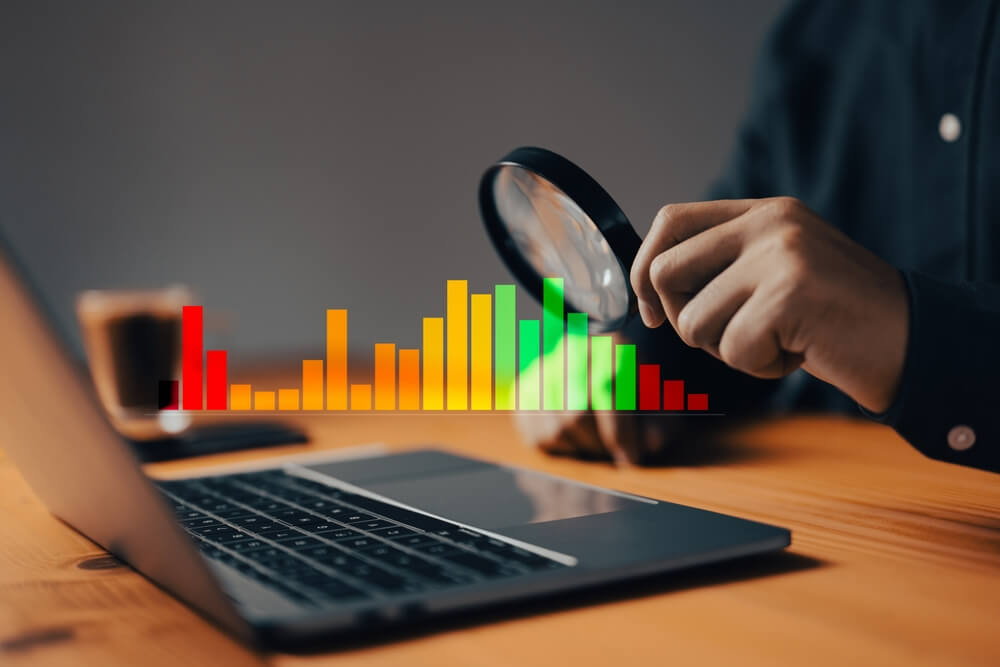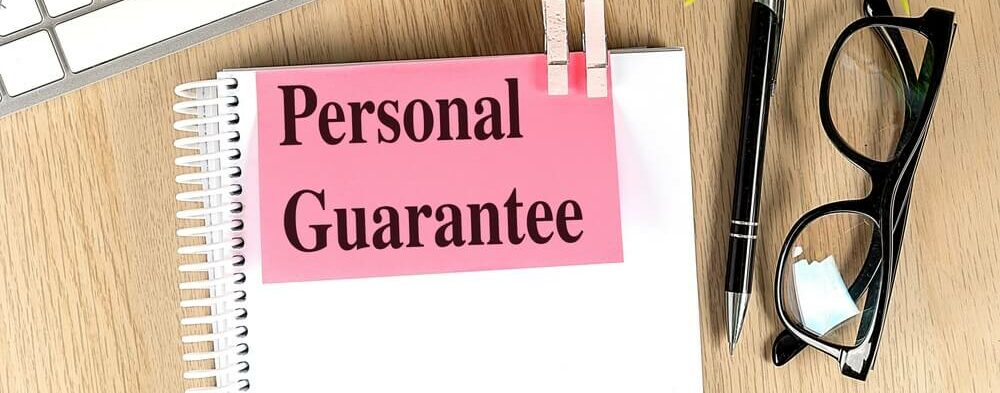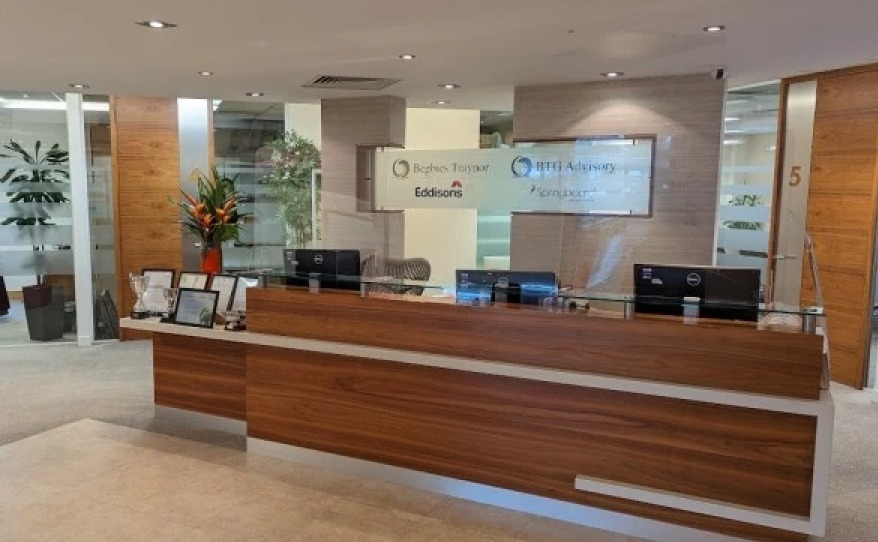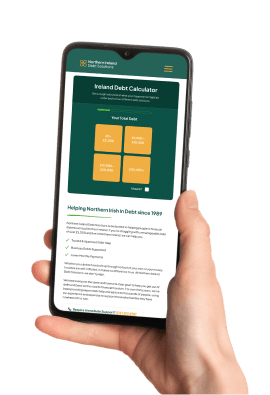An IVA is an affordable way to pay off debts within a defined timescale, and can be a good alternative to bankruptcy in some instances. You’ll need to owe at least two debts to be eligible for the process, which is designed to help you repay unsecured debts such as bank overdrafts and credit card arrears.
So what types of debt can be included in an Individual Voluntary Arrangement, and which ones are excluded?
Debts you can include in an IVA
Unsecured debts including, but not limited to, the following can be included in an Individual Voluntary Arrangement:
- Personal loans
- Credit cards
- Store cards
- Charge cards
- Catalogues
- Bank overdrafts
- Arrears of Council Tax
- Energy and water arrears
- Payday loans
- HMRC arrears, including tax and National Insurance
- Overpayments of tax credits and some state benefits
- Miscellaneous debts, such as money owed to family members and friends, veterinary bills, and legal costs

Which debts are excluded from an IVA?
Priority debts are generally excluded from an IVA. These include:
- Mortgages
- Other loans secured against an asset
- Hire purchase agreements
- Student loans
- Court fines
- TV licence arrears
- Child support arrears
- Maintenance arrears
- Social Fund loans
Priority debts are included in the calculation of your household expenses before the IVA takes effect, so they’re covered by your monthly income. Where mortgages and secured loans are concerned, the lender can simply repossess the asset on which the loan is secured, which is a quicker way for them to recoup their money.
So is there any restriction on the amount of debt that can be included in an IVA? There aren’t any restrictions on the amount or number of debts, but given that the fees for this process are quite high, you may wish to consider another option if you owe less than £10,000.
What happens with joint debts?
The situation regarding IVAs is a little more complex when joint debts are involved, as it’s not possible to enter a joint IVA. There is a process called ‘interlocking IVAs,’ however, which might be of use, but you would need to discuss your situation with a licensed insolvency practitioner (IP) to find out its suitability.
What if one or more debts have been missed from an IVA?
Forgotten debts can be a problem if an IVA has already been sanctioned by creditors, but it may still be possible to have them included in the arrangement. Again, you need to speak to your insolvency practitioner as soon as possible about how to proceed if you realise you’ve missed out some debts. Forgotten creditors are called ‘unknown creditors’ and they have 28 days in which to challenge their inclusion in an Individual Voluntary Arrangement if they object.
To find out more about how an IVA might help you, contact our team at Northern Ireland Debt Solutions. We’ll make sure you understand all your options and the ramifications of each, and can offer immediate help and advice right from the first call.
Browse more topics related to this article
Get Started – Contact The Team Today
Ready to take the first step to a brighter future? Contact Northern Ireland Debt Solutions today to understand your next steps.





